Imagine a world where DevOps teams deploy code in seconds, not hours. Bugs are caught before they occur, and system failures are resolved before users even notice. This isn’t the plot of a sci-fi novel it’s the future of DevOps with Artificial General Intelligence (AGI). And it’s closer than you think.
Recent advances in AI, particularly models like GPT-4, are beginning to exhibit traits of AGI in specific tasks. For DevOps professionals, the question is no longer if AGI will impact their work but how. This article explores the current role of AI in DevOps, the challenges and opportunities of integrating AGI, and the steps teams can take to prepare for a future where humans and AGI work side by side.
What Does AI Mean for DevOps Today?
Picture this: a global tech company’s operations center buzzes with activity. Engineers monitor dashboards filled with metrics, but instead of rushing to fix issues, they’re alerted that AI has already resolved potential problems. This isn’t a dream; it’s the reality of AI-powered DevOps at companies like Amazon, where code is deployed every 11.7 seconds, and Google, which pushes updates 50 times daily.
AI is already transforming DevOps practices, automating routine tasks, improving testing accuracy, and predicting system failures.
Companies like Netflix have pioneered AI-powered strategies, using tools for automated testing and Chaos Engineering to deliver seamless streaming to over 200 million subscribers. Yet, for all its promise, AI integration isn’t without challenges.

Integration Challenges
For every success story, there’s a team struggling to make AI work for them. A recent survey revealed that 62% of organizations cite a lack of expertise as a major barrier to AI adoption in DevOps.
Other challenges include:
- Data Silos: Fragmented systems and poor data quality hinder AI’s effectiveness.[3]
- Expertise Gap: The divide between AI specialists and DevOps teams slows progress [3]
- Scalability Issues: Resource heavy AI models strain infrastructure and budgets. [3]
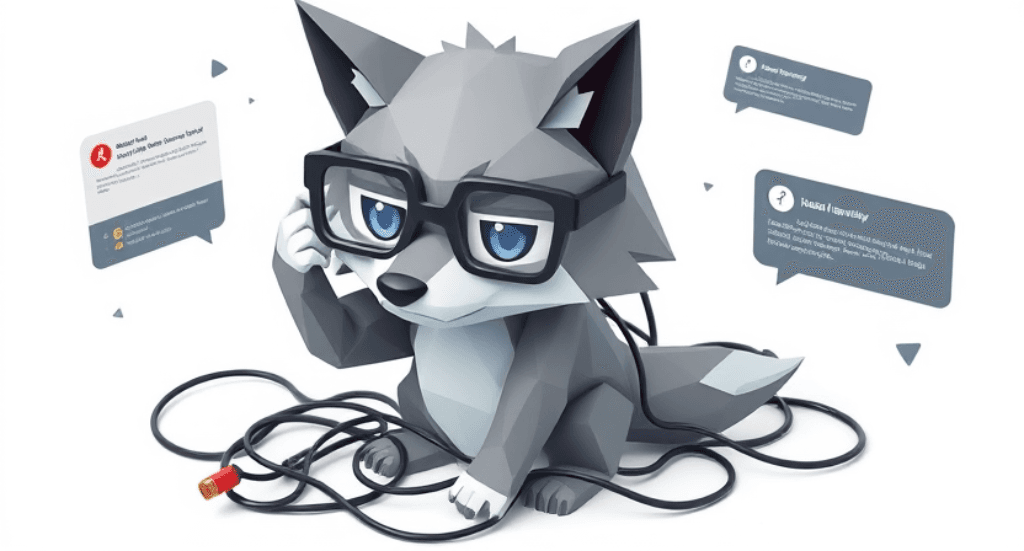
Despite these hurdles, the potential rewards are immense. Companies that successfully integrate AI into their DevOps workflows report dramatic improvements, cutting deployment times from six weeks to just ten minutes[1].
The Path Towards AGI Integration
As AGI capabilities evolve, organizations must prepare for a new era of DevOps. Research shows that 77% [5] of companies already use or plan to implement DevOps practices, positioning themselves for AGI integration.
This transformation requires:
1. Organizational Changes
Traditional change management no longer works. A more adaptive approach makes more sense now. DevOps succeeds when organizations break down departmental silos and build a collaborative culture [6]. Teams need to move beyond fixed roles. Developers and testers must collaborate closely with shared responsibilities [7].
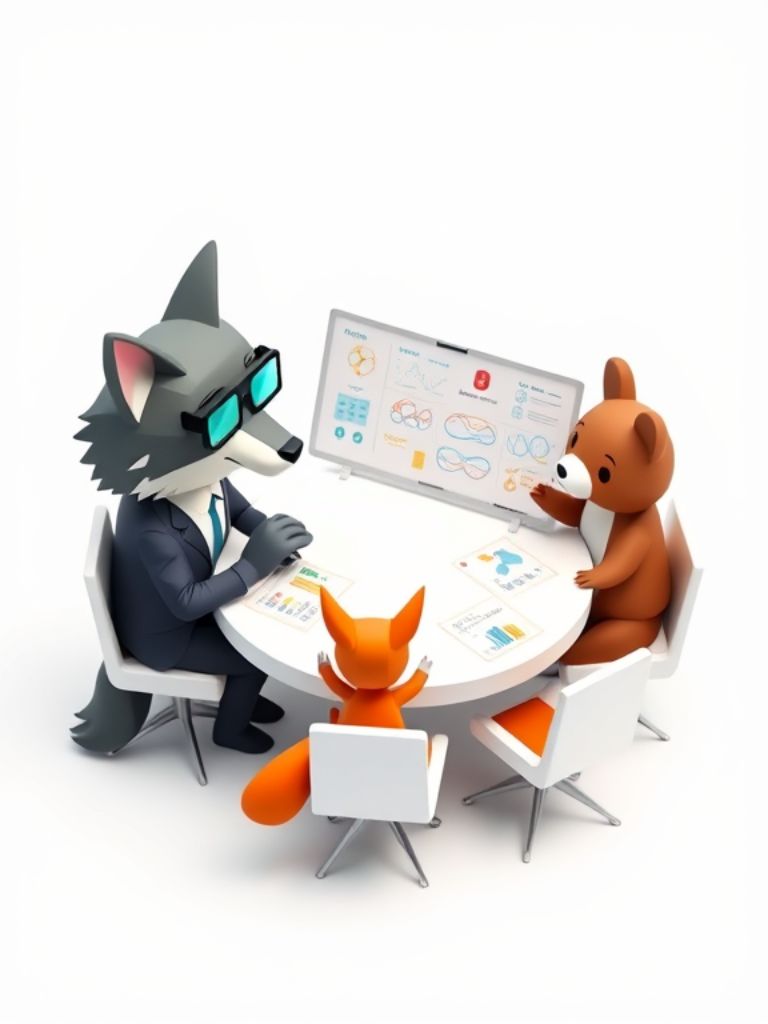
The old way of working in silos between development, operations, and testing teams won’t cut it anymore.
AGI thrives in collaborative environments where responsibilities are shared, and communication flows freely.
Teams must adopt adaptive change management strategies to stay agile in the face of rapid technological shifts.
2. Skills and Training
Upskilling is non negotiable. DevOps professionals need expertise in:
- Cloud Architecture: Mastering infrastructure as code and GitOps.
- Security: Advanced DevSecOps practices.
- AI/ML Operations: Understanding AIOps and machine learning workflows.
- Automation: Enhanced CI/CD and testing automation capabilities.
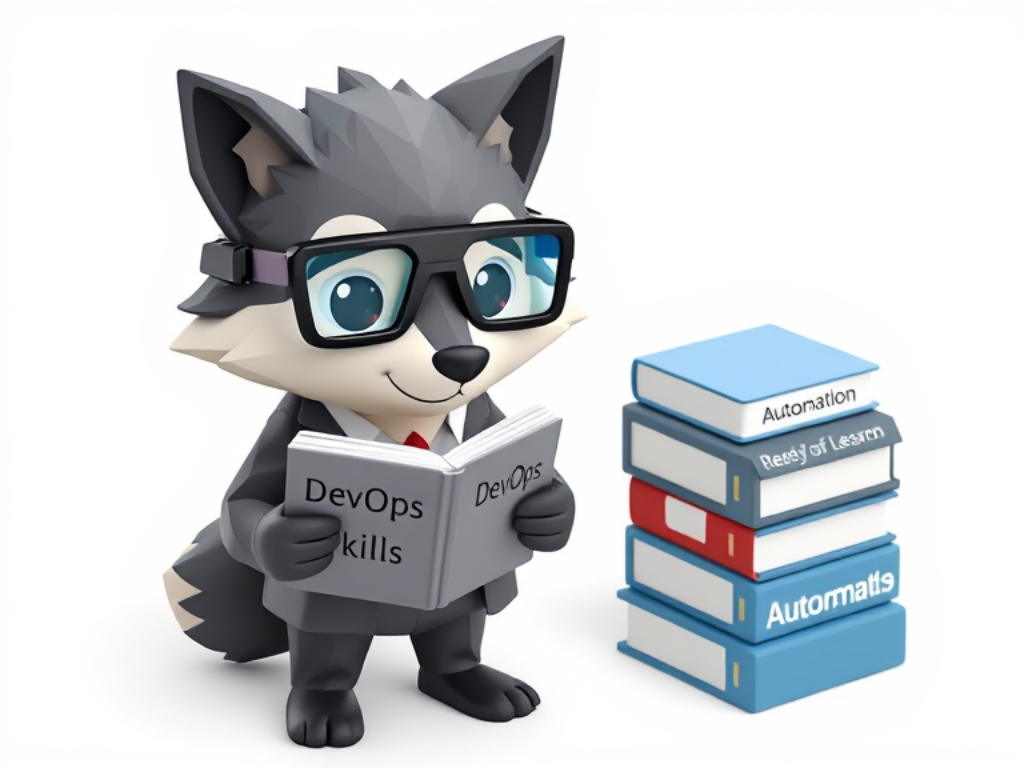
3. Implementation Roadmap
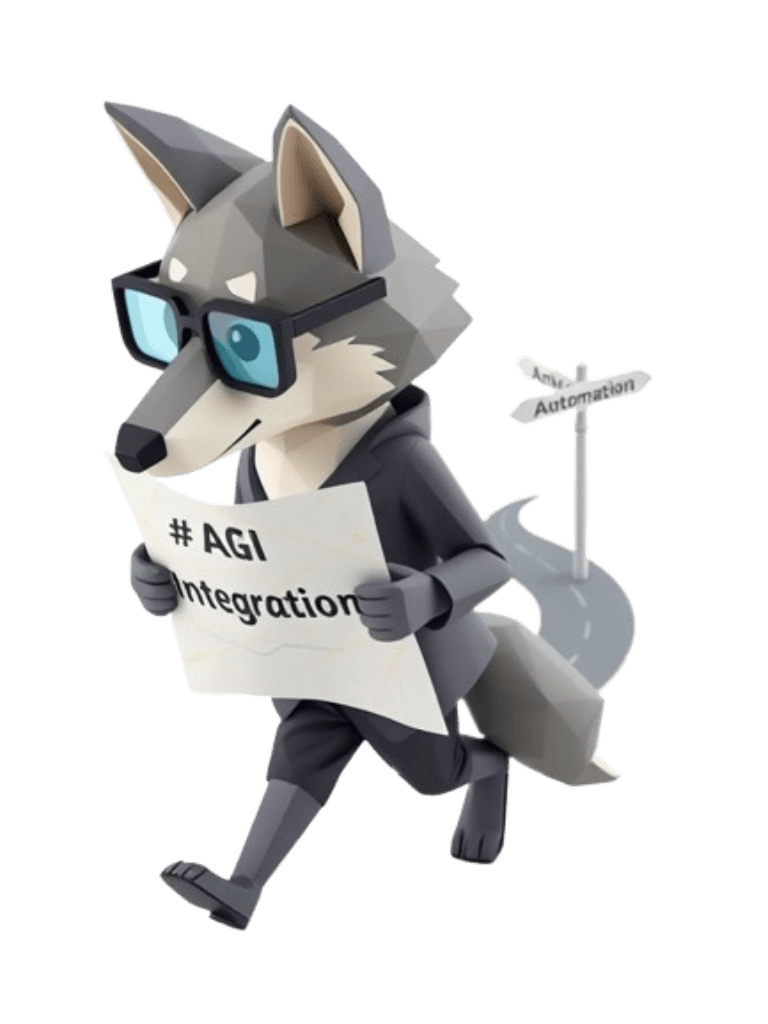
A phased approach works best. Start with automating repetitive tasks and gradually incorporate AGI-powered predictive analytics and live monitoring.
During the pandemic, 44.3% of professionals accelerated their DevOps adoption, proving that urgency can drive transformation.
Human-AGI Collaboration Framework
The true power of AGI lies in its ability to complement human ingenuity. A successful partnership requires a well-defined framework that leverages the strengths of both:
- AI Systems: Automate routine tasks, perform predictive analysis, and handle live monitoring.
- Human Teams: Make context based decisions, plan strategically, and solve creative problems.
- Shared Responsibilities: Collaborate on quality assurance, performance optimization, and security oversight.
Communication Protocols
Imagine cross-functional teams where AI experts and DevOps specialists work hand in hand. AI-powered tools analyze historical data to predict and prevent system issues, while human teams provide the context and creativity needed for strategic decisions[11].
Performance Monitoring
Continuous monitoring is key to success. AGI systems can identify anomalies in real time, keeping change failure rates between 0-15% [10]. When failures occur, these systems enable rapid recovery, often within an hour, compared to the days or weeks it takes for less advanced teams.
Future Proofing DevOps Teams
As we approach 2025 [13], the DevOps landscape is evolving rapidly.
AGI integration will demand:
- Flexible Development Methodologies: Teams must adapt to disruptions and pivot quickly.
- Enhanced Team Structures: Fluid, collaborative environments will replace rigid hierarchies.
- Change Management Strategies: Continuous feedback loops and cross-functional collaboration will be essential.

High performing teams already demonstrate the benefits of these approaches, deploying code 208 times more frequently and achieving 2,604x faster lead times for changes compared to their peers.
Real-World AGI Use Cases
While full AGI is still emerging, some companies are already leveraging AI-driven DevOps innovations that hint at AGI-like capabilities:
- DeepMind’s AlphaCode: Writing and optimizing code autonomously.
- AIOps in Financial Services: Predicting system failures before they occur.
- Tesla’s AI-Driven Software Updates: Self learning models optimizing vehicle performance.
These examples showcase how AGI could further revolutionize DevOps by enabling self healing systems and autonomous decision making at scale.
Conclusion
Artificial General Intelligence is not here to replace DevOps professionals it’s here to empower them. By embracing AGI, teams can achieve unprecedented speed, efficiency, and innovation. But success requires preparation: upskilling your team, fostering collaboration, and embracing adaptive strategies.
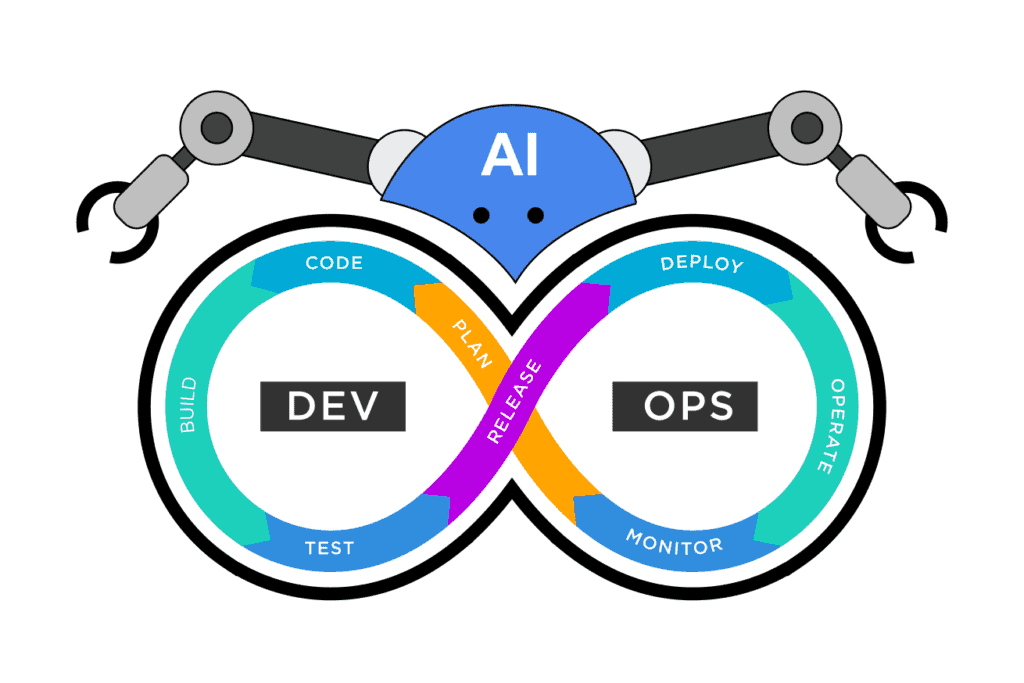
To summarize:
- AI is already reshaping DevOps, with major companies leveraging automation and predictive analytics.
- Challenges exist, but organizations that overcome them gain a competitive edge.
- AGI integration requires strategic changes, including skills development, new team structures, and a collaborative framework.
- Human-AI collaboration is key, with AGI handling automation while humans focus on strategic decision making.
- Future-proofing DevOps teams means staying adaptable, embracing continuous learning, and evolving alongside AI advancements.
The journey to AGI integration starts now. Equip your team with the right skills, embrace collaboration, and prepare for a future where AGI and humans work together to redefine software development.


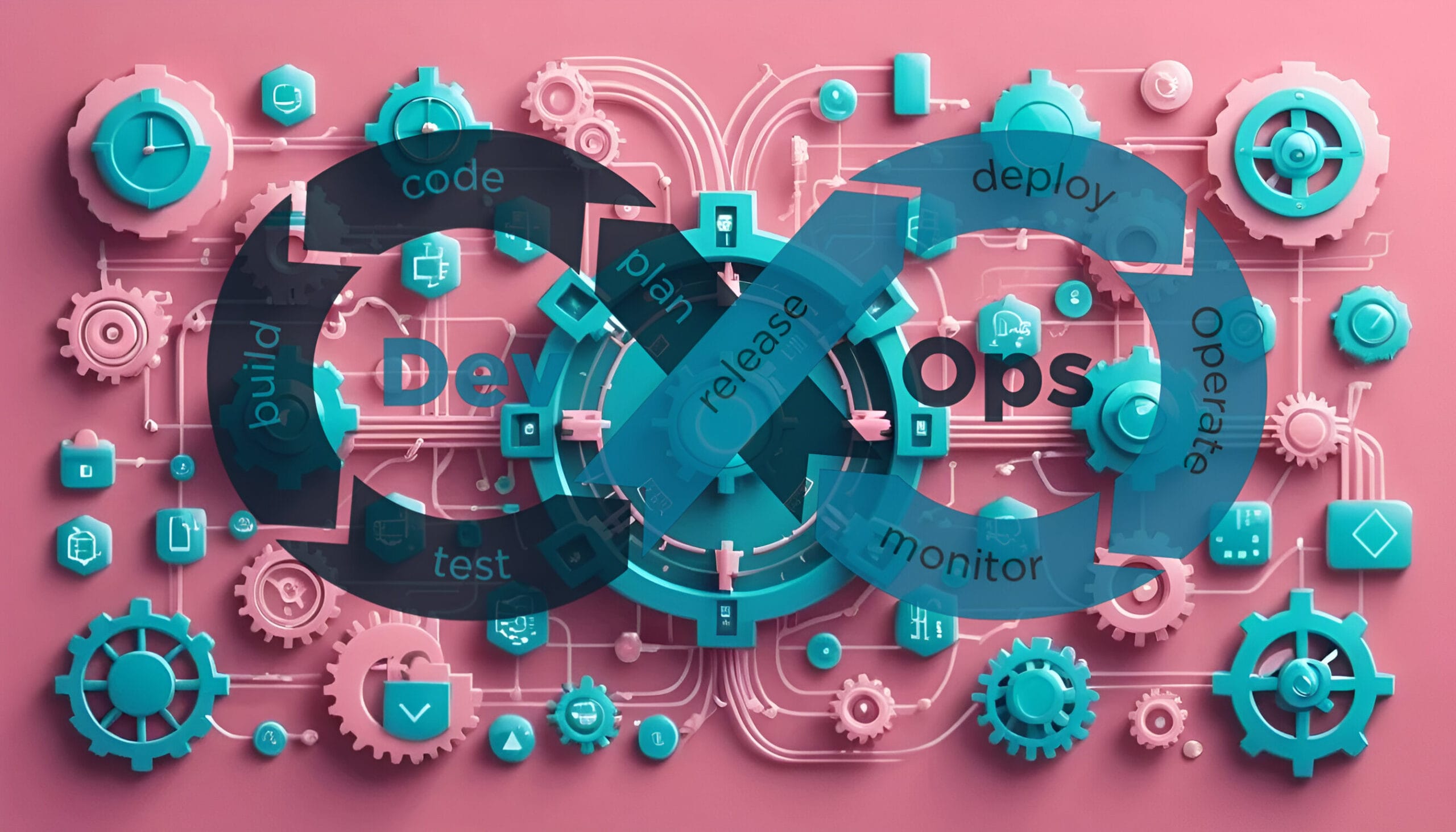
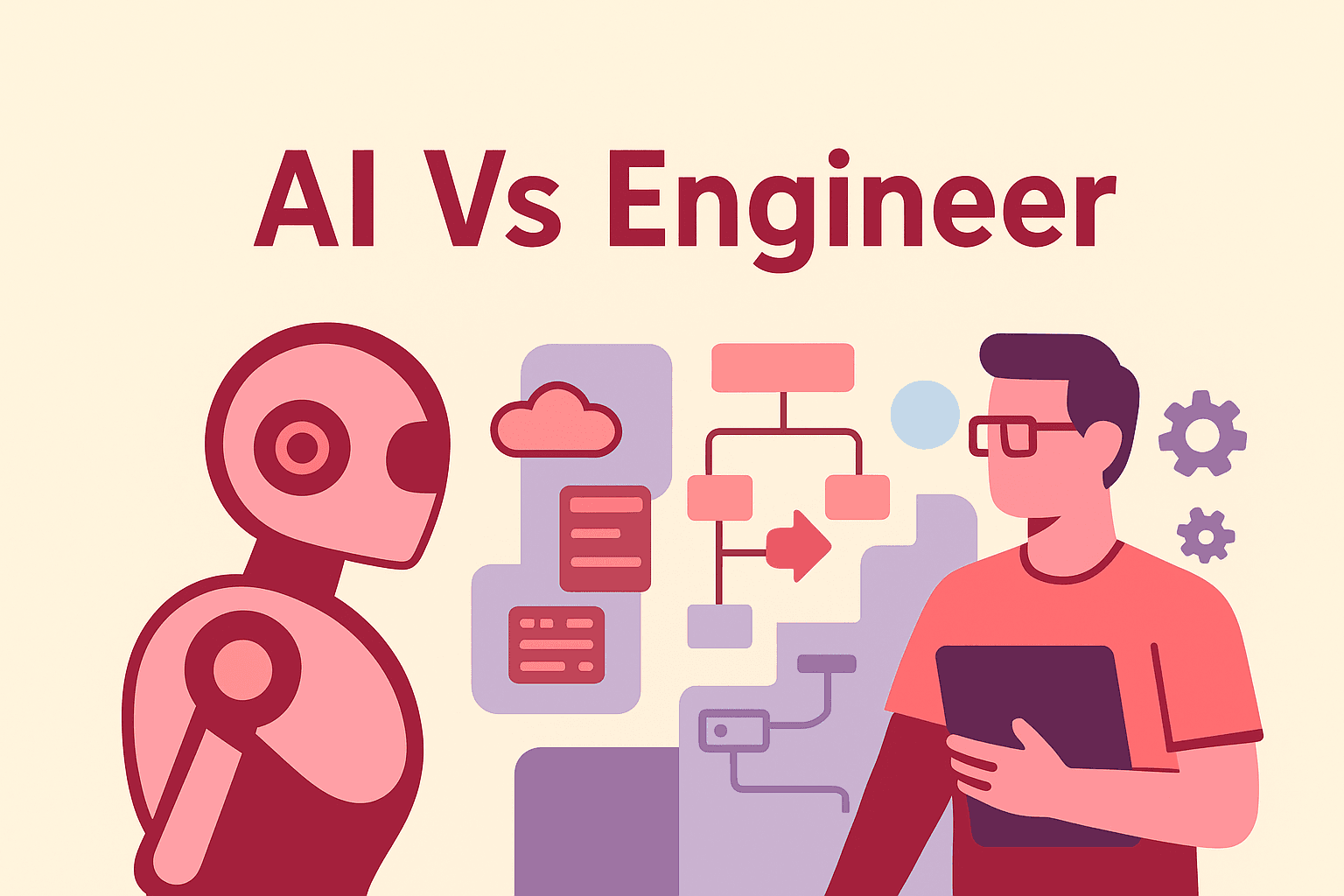
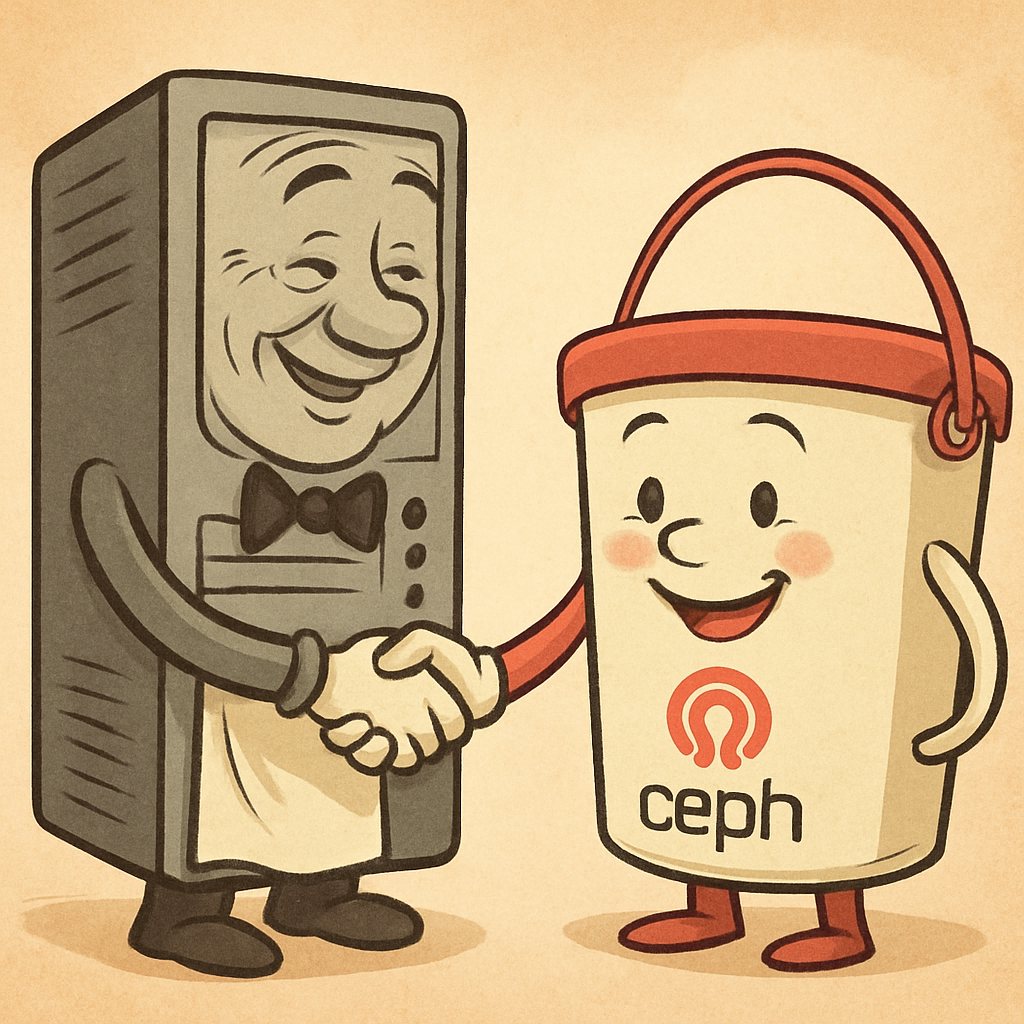
[…] while these tools are important, DevOps is much more than just the technology. At its core, DevOps is a culture rooted in principles designed to foster collaboration, streamline workflows, and speed […]
[…] Your DevOps journey begins now with a strong foundation and an ongoing commitment to growth. Keep evolving, keep learning, and take advantage of the incredible opportunities that DevOps offers. […]